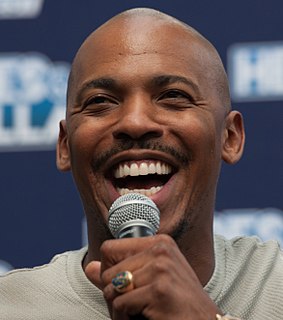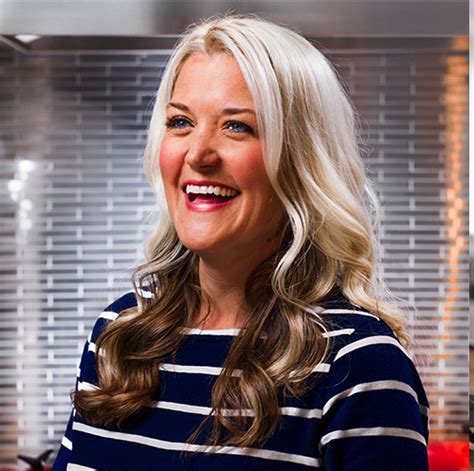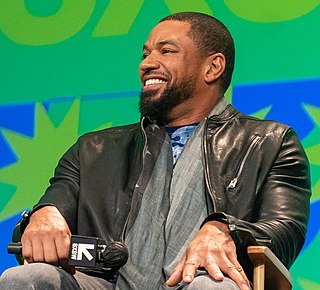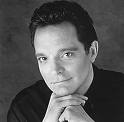A Quote by Michelle Dockery
In the early '20s, with the war over, there was a period of celebration, and you can see it in the fashion.
Related Quotes
But when you realize that the story of your life could be told a thousand different ways, that you could tell it over and over as a tragedy, but you choose to call it an epic, that's when you start to learn what celebration is. When what you see in front of you is so far outside of what you dreamed, but you have the belief, the boldness, the courage to call it beautiful instead of calling it wrong, that's celebration.
If you're in your early 20s and you're hanging out with a bunch of other people in their early 20s, nobody has a sense of the kinds of problems that real 'workers' run into every day. They're running into a completely different set of problems like 'What's the party going on right now that I should be going to?'
If you're in your early 20s and you're hanging out with a bunch of other people in their early 20s, nobody has a sense of the kinds of problems that real 'workers' run into every day. They're running into a completely different set of problems like 'what's the party going on right now that I should be going to?
I admired fashion but I wasn't an "iconic fashionista" myself. I think as I got more comfortable in my skin, then I got a little bit more into fashion, but it's always been something I've been interested in because you can express yourself through what you wear and your accessories and everything else. So getting into my early 20s was really started to come into myself.
There was a time in my late teens and early 20s where I was motivated by this wanting to get out, to prove to the world that I had something to offer - that kind of youthful spirit, where maybe I had my eye on fame and fortune. I mellowed out in my late 20s and now that I'm in my early 30s, I'm coming to peace with it.


































